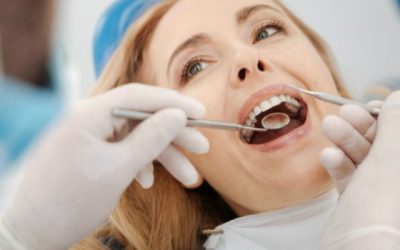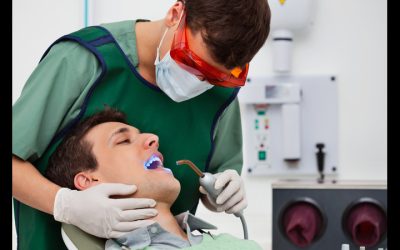If you find that your dental prosthetics do not fit comfortably, you can make an improvement that is affordable. Denture relining is an economical procedure that reshapes a denture so that it rests more comfortably next to the gums.
Resorption
A reline for dentures in DC is defined as soft or hard, and can be performed in the dental office or a dental lab. Whenever a tooth is removed from its spot in the alveolar bone, the tissue surrounding it starts to resorb. In turn, the bone-like material in the area is basically repurposed by the body for another use. Typically, a denture wearer experiences resorption about four months after his or her teeth are removed. Afterwards, the process continues slowly over the rest of the patient’s life.
When resorption occurs, the gum tissues next to the alveolar bone modify in shape and density, thereby causing fitted dentures to become less comfortable. That is when a patient often seeks to have his or her dentures relined.
Soft Relining
Many dental patients opt for a soft reline because it feels more comfortable. As a result, soft relines are frequently the choice of new denture wearers. When a soft reline is performed for dentures, a liquid polymer is used to add additional cushioning. This process is relatively quick, as a comfortable fit can be realized during a dental appointment.
Longer-lasting Results
A hard reline is similar to a soft reline. However, the material that is used is harder – like the base of the denture. In turn, the outcome is more permanent. Hard relines for Washington DC dentures last longer than soft relines.
Any reline that is sent to the lab causes a patient to be without his or her prosthetics during the repair. Regardless of the method chosen, relining is an efficient approach used for reshaping a denture. Relining is also used for repairing a denture that has been cracked.



